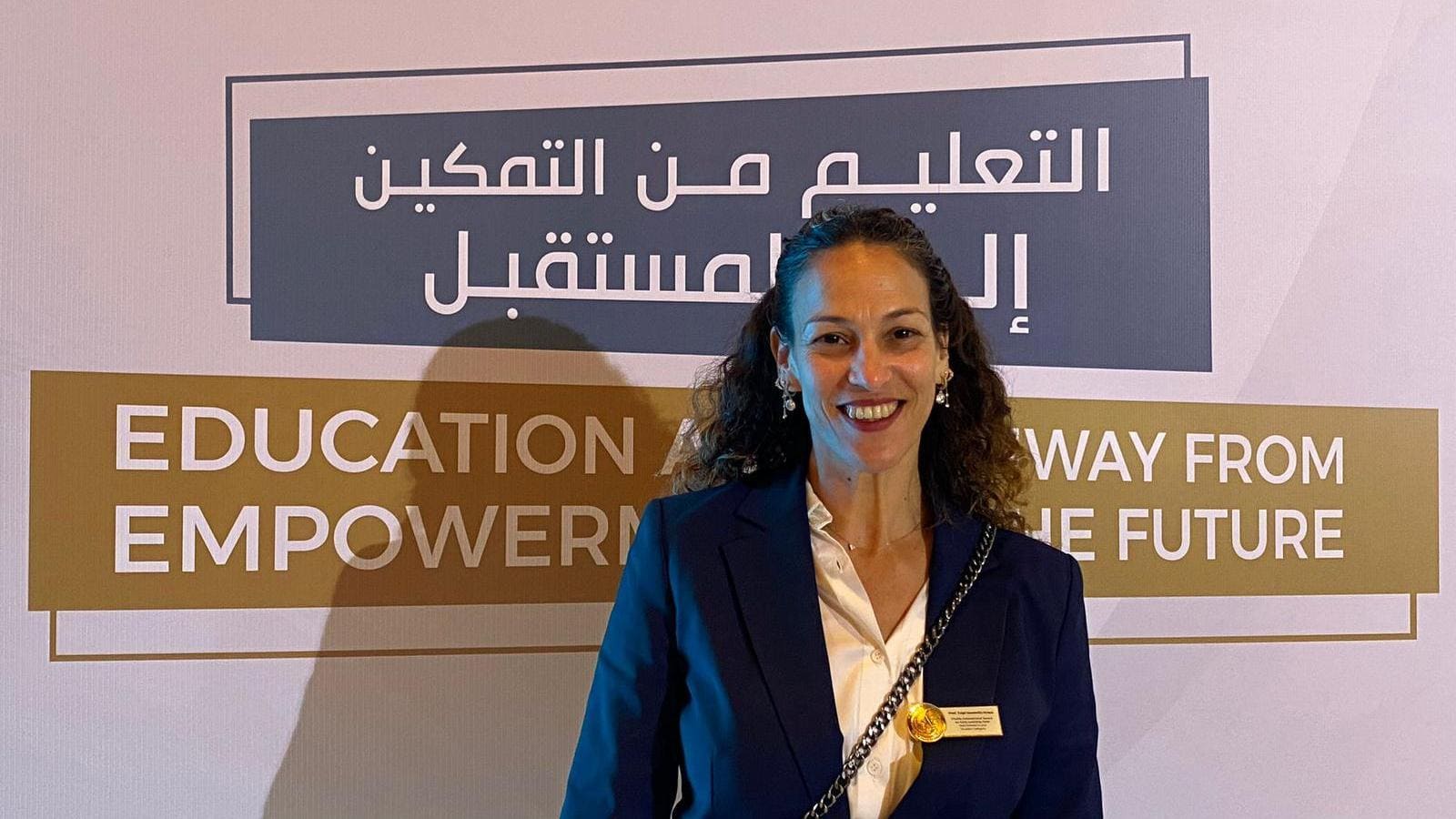
Artificial breastmilk could form basis for future oral meds and vaccines
Israelis develop ‘milkosomes,’ artificial particles based on human milk that can deliver drugs across the intestinal barrier to the bloodstream.

Israelis develop ‘milkosomes,’ artificial particles based on human milk that can deliver drugs across the intestinal barrier to the bloodstream.

Two significant improvements could make MRI a better alternative to tests like PET-CT, reducing patient exposure to harmful radiation.

Scientist receives prize for contribution to cancer and Parkinson’s disease treatment, alongside artists addressing war and women generating change

Stanford study shows that graduates of Israeli universities are more likely to produce a founder of a US-based startup than other institutions.

According to research, looking at trees and other natural environments can increase attention, lower anxiety and more.

The Khalifa Award for Education goes to Prof. Tzipi Horowitz-Kraus for her contribution to understanding and addressing children’s reading challenges.

NewMoo has developed a plant-based version of casein, the protein which gives cheese its signature texture

Revolutionary acousto-printing method can be used to circumvent invasive surgery, and has a wide array of potential applications.

Israeli mathematician Avi Wigderson is the first to win both the Turing and Abel prizes, celebrating a ‘joyride’ career.

The Technion-Israel Institute of Technology now also ranks 65th globally in patent approval in the United States.

Sending up a huge parasol to partially block the sun could decrease Earth’s temperature by a degree or two, says Cool Earth innovator.

Technion researchers develop a disruptive processes to make the make production of ecological fuel affordable and sustainable.

Rhetoric AI predicts the virality of posts, reports posts that violate terms of service, and produces counterarguments in Arabic, Hebrew or English.

Following surge of antisemitism and anti-Israel activity on campuses, Technion encourages academics to do their teaching and learning in Haifa.

Designing for daylight in patient rooms could improve health outcomes, say researchers.